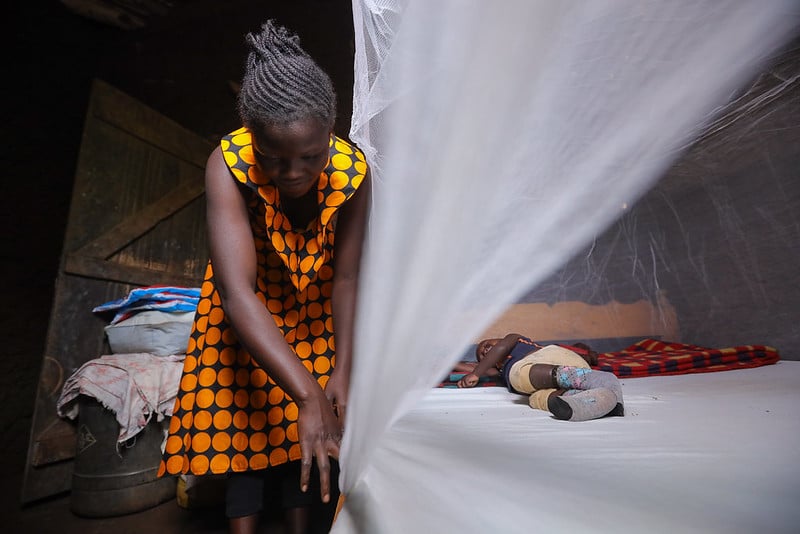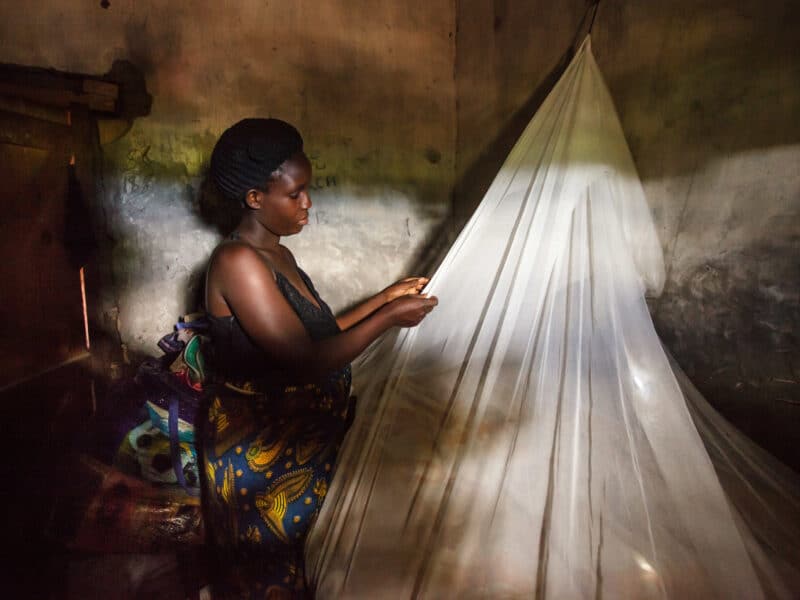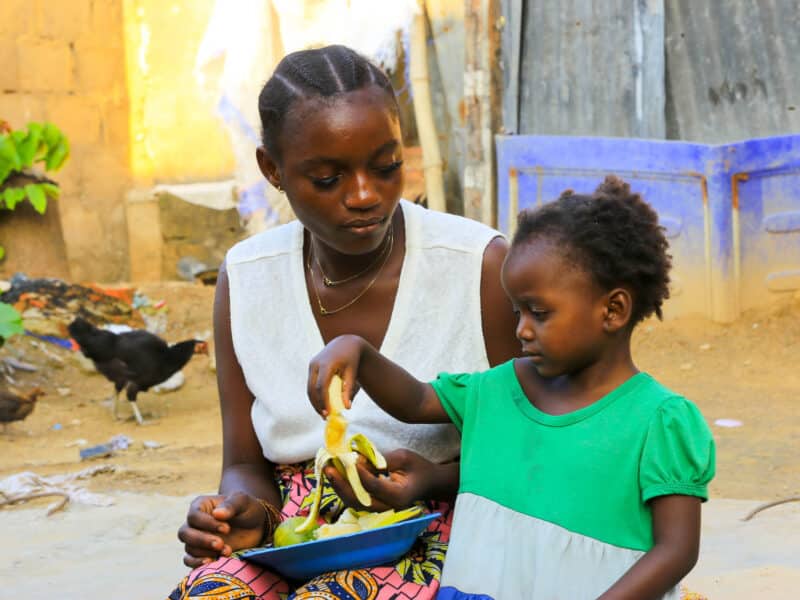USAID has awarded a five-year, $17 million project to the Johns Hopkins Center for Communication Programs to use social and behavior change (SBC) to prevent malaria and improve treatment in Mozambique.
As part of the project, “Fighting Malaria with Social and Behavior Change,” CCP will work with two local organizations – h2n, which has extensive community radio networks in the country, and Tchova-Tchova Association for Community Programs – as well as the government of Mozambique. Drawing from its extensive evidence base, CCP hopes to strengthen the abilities of Mozambicans to promote healthy behaviors, organize communities to effectively analyze and use data to design and evaluate SBC interventions.
Despite large reductions at the beginning of the 21st century, there were still an estimated 241 million malaria cases and 627,000 deaths in 2020, mostly in children in sub-Saharan Africa.
Malaria is considered the most important public health problem in Mozambique where, according to the U.S. President’s Malaria Initiative, it accounts for nearly one-third of all deaths and 42 percent of deaths in children under five. The entire population of 31 million is at risk of malaria, though it is more pronounced in the northern and central regions where the weather is hot and wet – prime conditions for mosquitoes. Roughly 23,700 Mozambicans died from malaria in 2020.
“Malaria remains endemic in Mozambique and, while there were huge advances in the last 15 years, unfortunately those successes have been stagnating in recent years,” says CCP’s Robert Ainslie, team leader for Mozambique. “We plan to research the many unknowns about why this is happening – and create programs to address barriers we find. Why aren’t people sleeping under bed nets? Are they taking their feverish children to a health facility early? Are people following through when they are given malaria treatment?”
Ainslie says the new project will also to increase skills of Mozambicans to effectively design and implement social and behavior change programs to address the barriers to appropriate prevention and treatment of malaria, including boosting data analysis and use skills.
Among the goals: Encourage more net use, early care-seeking for fevers, use of IPTp (a preventive treatment for pregnant women), malaria testing and following through on finishing prescribed medication regimens. All of the activities will be conducted through a human-centered design lens to ensure that the people most susceptible to malaria drive the work in Mozambique.
“The factors that contribute to the intractable malaria burden in Mozambique are complex and fluctuate as new challenges in the malaria landscape arise,” says CCP’s Patrick Devos, chief of party for the new project. “To achieve sustainable increases in malaria treatment and prevention behaviors, several important social and behavior change, capacity, and systems challenges must be addressed.”
CCP plans to help coordinate actions among governments at all levels – national, provincial and district – to enable more regular collaboration across the National Malaria Control Program and provide more frequent data to improve the ability to adapt and improve programs throughout the year based on evidence. In locations where bed net use is sub-optimal, CCP will work with partners to create campaigns to boost the numbers.
They also plan to promote communication, understanding and mutual trust between communities and health facilities in order to improve care-seeking behavior and to encourage pregnant women to take preventative treatment.





